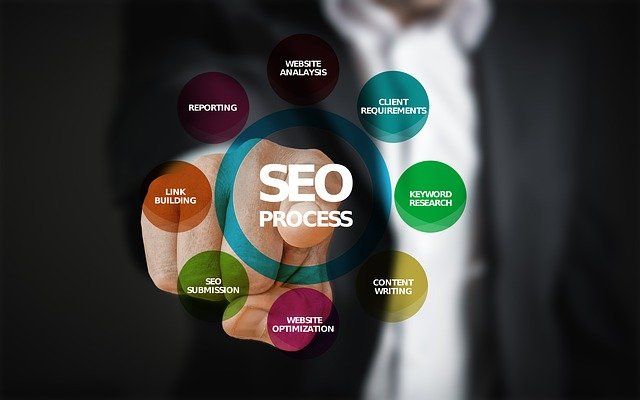
SEO-Optimized Translation for Online Advertising
- 0
In today’s digital world, online advertising has become a crucial component of any marketing strategy. With the increasing globalization of businesses, the need for SEO-optimized translation in online advertising has also become paramount. In order to reach a wider audience and maximize reach, businesses must ensure that their online ads are not only translated accurately but also optimized for search engines. In this article, we will discuss the importance of SEO-optimized translation for online advertising and provide some tips on how to effectively implement it.
The Importance of SEO-Optimized Translation
SEO-optimized translation in online advertising is essential for reaching a diverse audience and increasing brand visibility. When businesses fail to translate their online ads accurately, they risk alienating potential customers and missing out on valuable opportunities to expand their reach. Additionally, without optimization for search engines, these translated ads may not rank well in search results, making it difficult for customers to find them.
By investing in SEO-optimized translation for online advertising, businesses can ensure that their messages are effectively communicated to audiences around the world. This not only helps in building brand awareness but also improves the overall user experience and increases the chances of converting leads into customers.
Tips for Implementing SEO-Optimized Translation
1. Work with Professional Translators
When it comes to translating online ads, it’s important to work with professional translators who are not only fluent in the target language but also well-versed in SEO best practices. These experts can help ensure that your ads are not only accurately translated but also optimized for search engines, increasing the chances of reaching a broader audience.
2. Use Relevant Keywords
Keywords play a crucial role in SEO-optimized translation for online advertising. By conducting keyword research in the target language, businesses can identify the most relevant terms and phrases to include in their ads. Using these keywords strategically can help improve the visibility of their ads in search results and attract more targeted traffic.
3. Optimize Meta Tags and URLs
In addition to using relevant keywords in the ad copy, businesses should also optimize meta tags and URLs for each translated ad. This includes including keywords in meta titles, descriptions, and alt text for images. By optimizing these elements, businesses can improve the overall SEO performance of their ads and increase their chances of ranking well in search results.
4. Test and Monitor Performance
Once the translated ads have been published, it’s important to continuously test and monitor their performance. By analyzing key metrics such as click-through rates, conversion rates, and bounce rates, businesses can identify areas for improvement and make necessary changes to optimize their ads further. This iterative approach can help businesses fine-tune their online advertising strategies and maximize their ROI.
Conclusion
SEO-optimized translation for online advertising is a critical component of any global marketing strategy. By investing in professional translation services, conducting keyword research, optimizing meta tags and URLs, and continuously testing and monitoring performance, businesses can effectively reach a wider audience and maximize their online advertising efforts. By following these tips, businesses can improve brand visibility, increase user engagement, and ultimately drive more conversions. Are you ready to take your online advertising to the next level with SEO-optimized translation?

